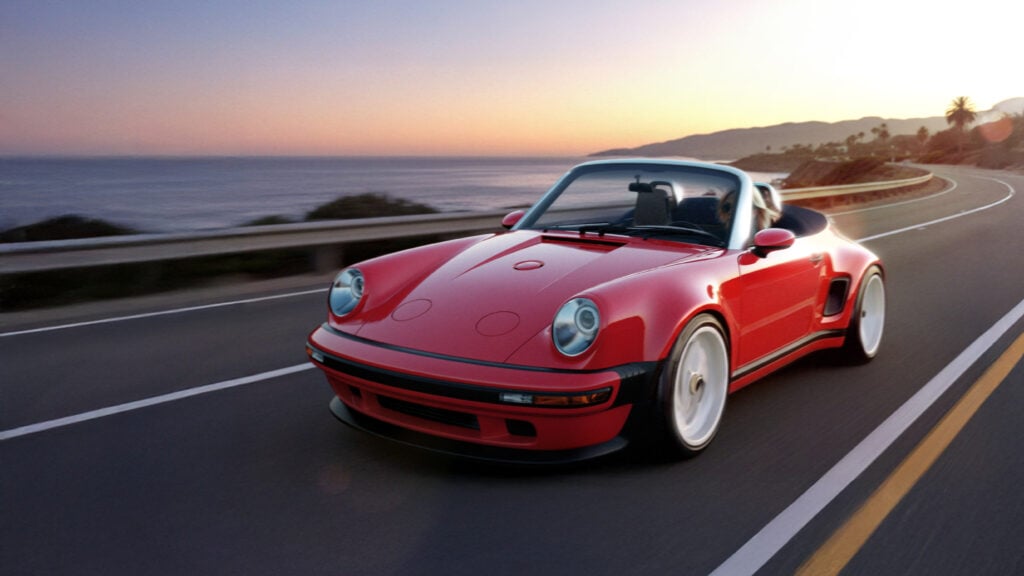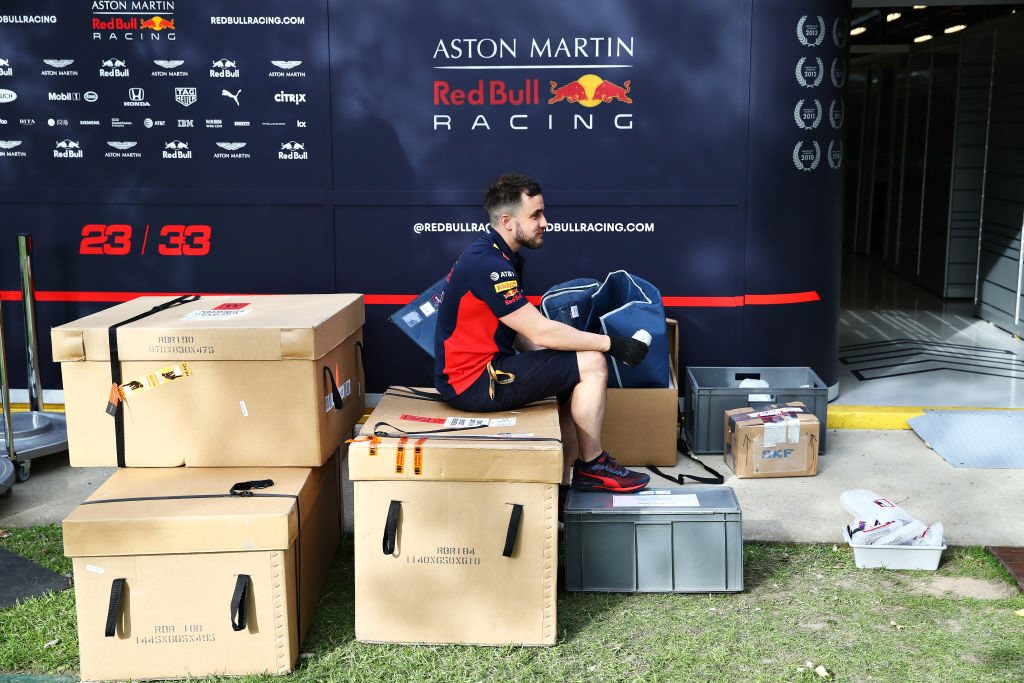
As Europe and the US weather the worst of the COVID-19 blast, motorsport is suffering as a result – and it’ll likely look even worse as the world emerges blinking into a new world.
Formula 1 announced this week that its season will provisionally start with the Austrian Grand Prix in early July, which means its jewel in the 2020 season – its 70th anniversary British Grand Prix start at Silverstone – is still on the calendar.
“We’re targeting a start to racing in Europe through July, August and beginning of September, with the first race taking place in Austria on 3-5 July weekend,” said F1’s head, Chase Carey.
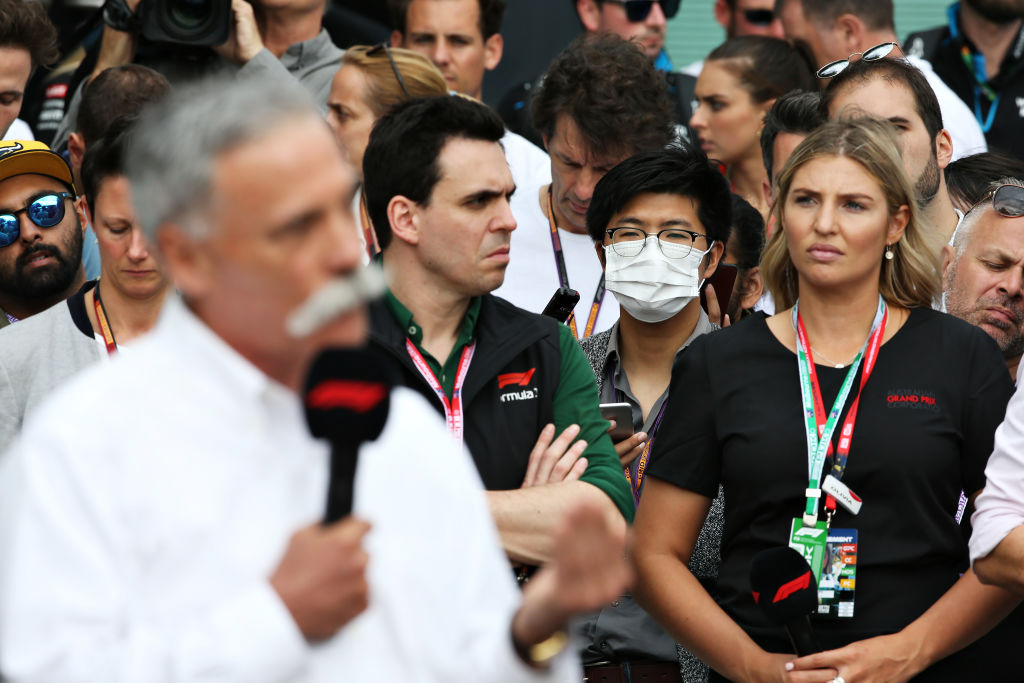
“September, October and November, would see us race in Eurasia, Asia and the Americas, finishing the season in the Gulf in December with Bahrain before the traditional finale in Abu Dhabi, having completed between 15-18 races.”
However, ticket holders have already been told that the UK race, which was a big part of F1’s 70th season celebrations, will go ahead behind locked gates.
“This is the best, safest and only decision we could make,” said Silverstone chief Stuart Pringle.
Putting aside the fact for a moment that a July start for F1 still seems to be quite optimistic, it’s worth thinking of the impact of this shutdown on the motorsport world in general.
At the elite end of the sport, teams exist solely to race cars, and their income is derived from a combination of sponsorship, appearance fees and paid driver inputs.
If there is no racing, none of this happens – sponsors will not be obliged to pay for coverage they’re not getting, sanction and appearance fees – particularly prevalent in US-based racing – aren’t paid, while drivers who pay to race from F1 through to national-level motorsport aren’t pulling on their helmets and signing the invoices.
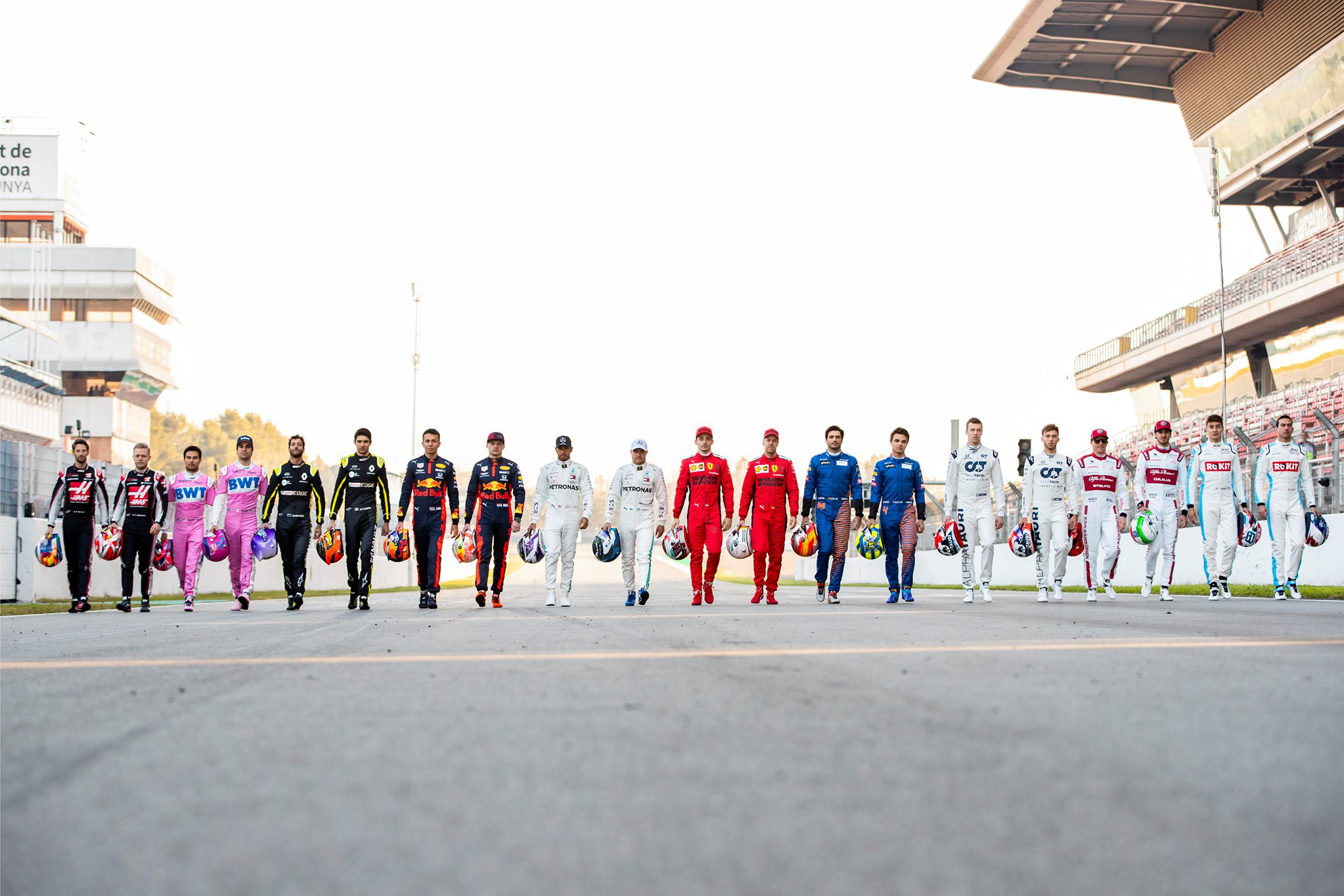
As well, car manufacturers are doing it tough, with some companies banking on 80 per cent downswings in sales in the first quarter of 2020.
That blows pretty big holes in budget sheets across the spectrum, so cuts need to be made… and motorsport programs are where the axe traditionally falls first.
More cynically, the downturn also presents as an opportunity for car companies to exit expensive motorsport programs, either because it’s not doing well, or because the marketing aims of the particular series have been met.
There are signs that this is already happening; in Germany, Audi has just announced its shock withdrawal from the DTM, the national touring car series that has long featured a strong rivalry between Germany’s top three brands.
Now that Audi has pulled the pin, it leaves only BMW standing, as Mercedes-Benz withdrew at the end of 2018.
It’s hard to see a way forward for the long-running championship, which – like our own home-grown Supercars – relies on expensive, bespoke racing cars that can’t be used in any other form of racing.
There has actually a movement over the last eight years towards combining Supercars, DTM and Japan’s GT Series into a World Cup of sorts for high-level tin-top racing, with the latter two joining forces in Germany and Japan last year for a quartet of entertaining races.
However, the momentum has been quelled by – you guessed it – the impacts of the coronavirus pandemic, with the 2020 version of the combo event unlikely to take place.
Supercars, meanwhile, is dealing with the double whammy of lockdown and the departure of one of its two competitive brands.
The series also has to make a call sooner than later on what its future will look like; the Ford vs Holden V8-fuelled rivalry has been swept away, and it needs to find a new direction – and soon.
While the top end of F1 is more resilient, it’s still suffering from a lack of income – and it would be well worth watching what happens with Mercedes F1.
The team has won the constructor’s championship for the last six years on the trot (the one that car companies REALLY want to win), as well as eight driver’s titles.
There is literally nothing left for the team to do but to spend almost $500 million a year on trying to repeat the trick.
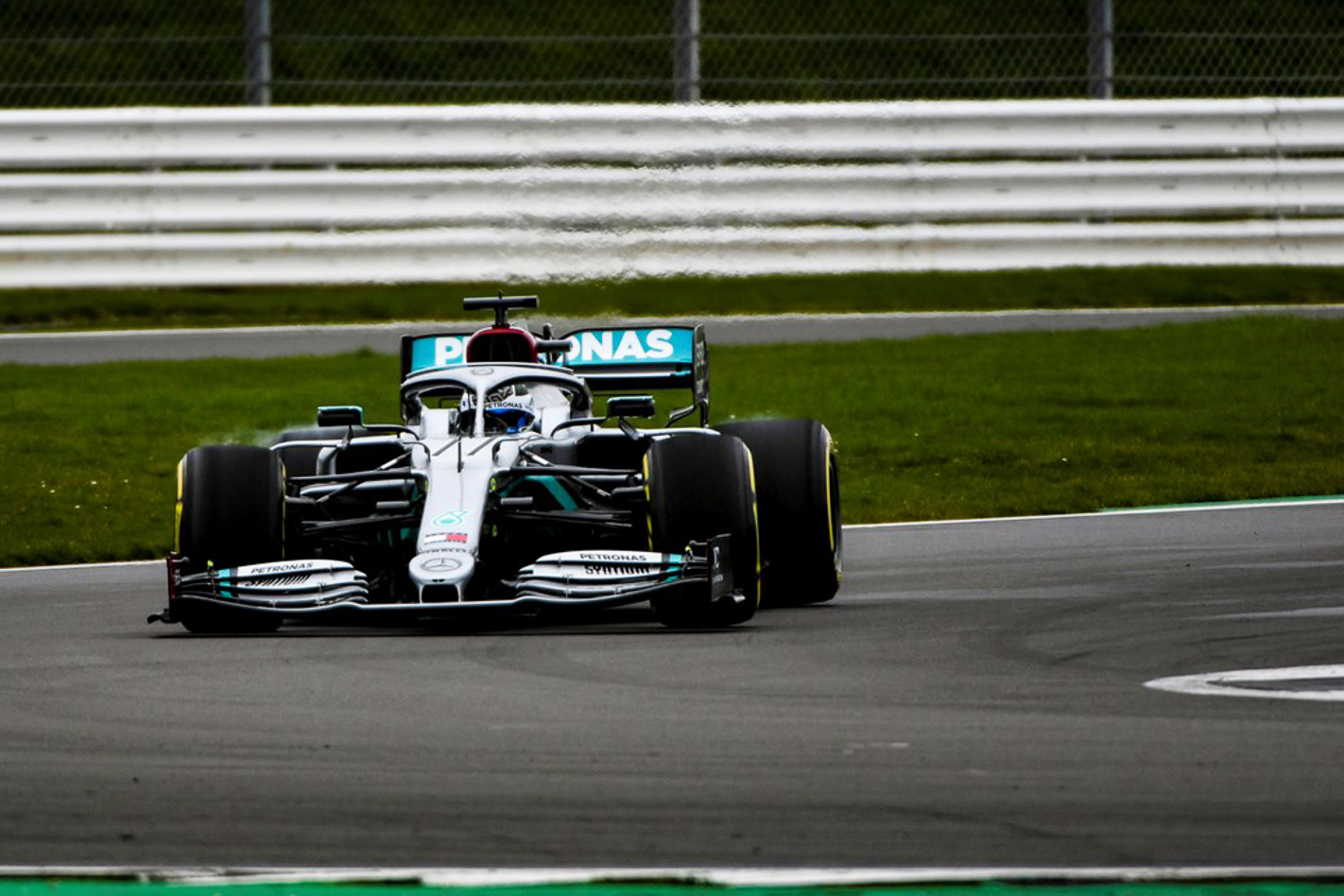
But its parent company Daimler is in a bit of trouble, as worldwide sales decline and its EV program sucks up more and more money each year, with little in the way of a viable return anywhere on the horizon.
Could Mercedes F1 leave F1 at the end of 2020? It’s an each-way bet for sure.
On the other side of the coin, though, there are series around the world rushing to get back to racing. To wit, NASCAR; it’s just announced an ambitious program of spectator-free events with two races on a single weekend, as well as mid-week evening races.
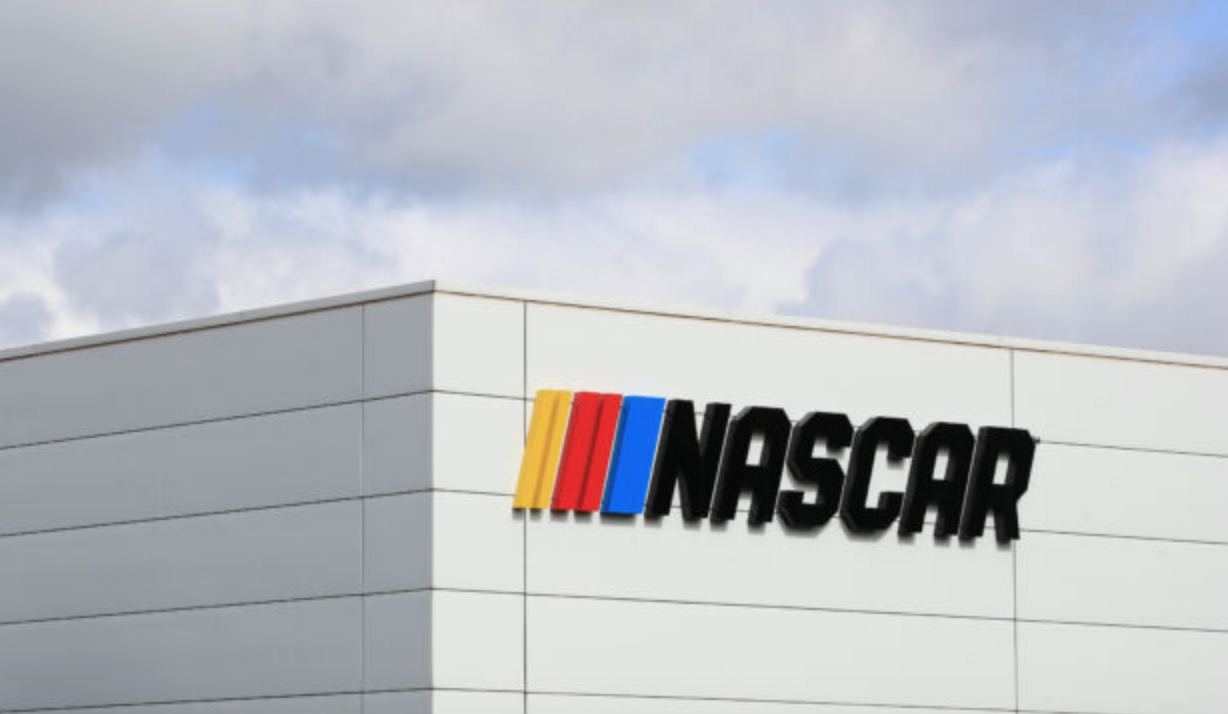
Personnel allowed into the venues will be severely curtailed, the events themselves will be run as single-day events and social distancing measures are expected to be followed.
Maybe it’ll help to keep their boys out of online trouble?
Seriously, though… this, to me at least, is pretty crazy. The US’s rates of COVID-19 infections and deaths continue to skyrocket, and there is no sign that the country has the pandemic under any sort of control. Yet NASCAR insists that it will run all 36 races in its 2020 season; so far, it’s run four.
We will all get to see some sort of motorsport in 2020, but aside from NASCAR’s ambitious efforts to get the flags waving again, it will be a busy back half of the year for the series that can find support, find venues – most race tracks are booked solid all year – and find crowds that are allowed to attend their events.
For a number of teams and series, though, the pain of 2020 may be too difficult to overcome, meaning that the motorsport stage for 2021 could look a lot different.




